Home>Garden Essentials>What Are Dill Seeds
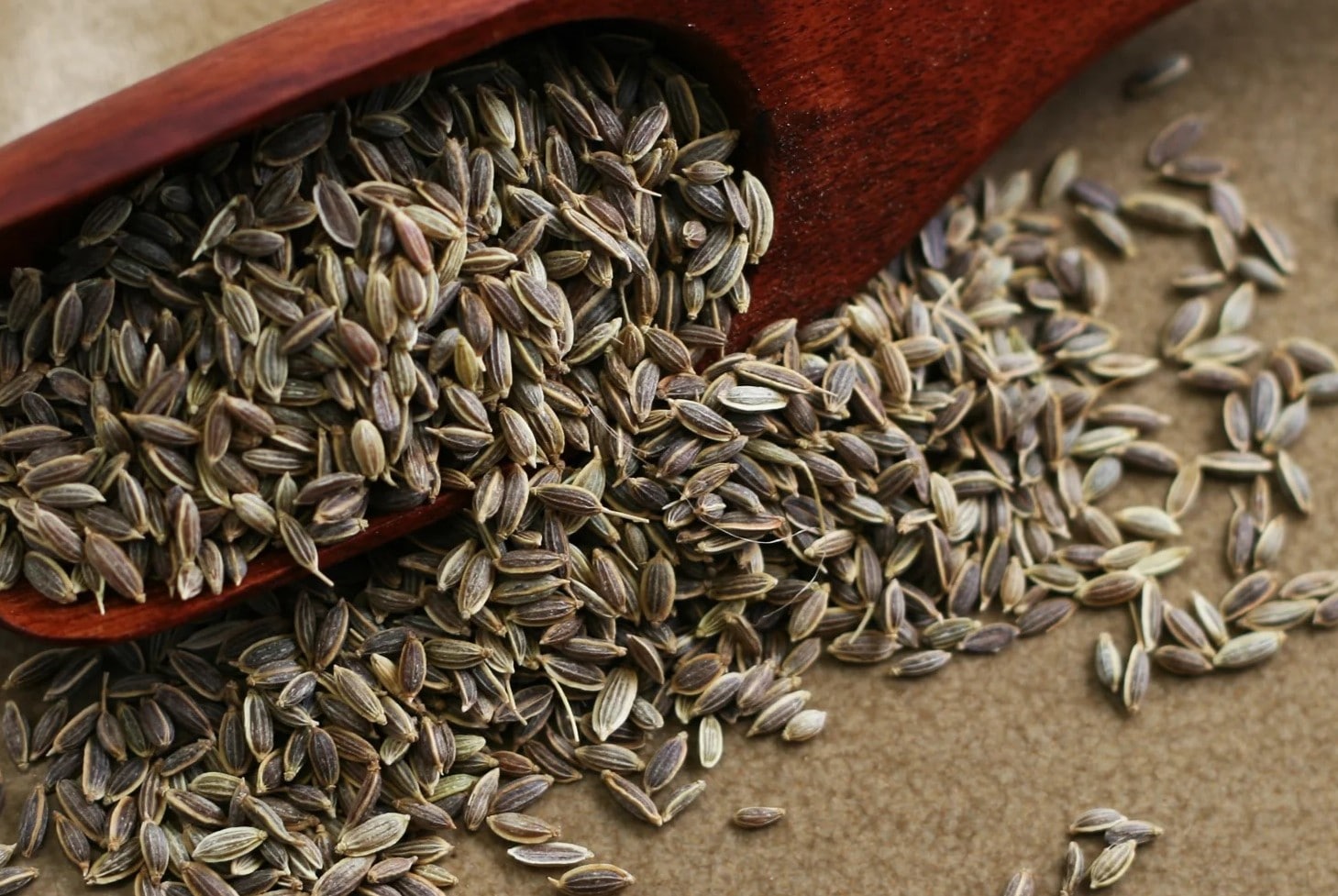

Garden Essentials
What Are Dill Seeds
Modified: August 23, 2024
Learn all about dill seeds and how to grow them in your garden. Discover the benefits and uses of these flavorful and aromatic herbs.
(Many of the links in this article redirect to a specific reviewed product. Your purchase of these products through affiliate links helps to generate commission for Storables.com, at no extra cost. Learn more)
Introduction
Welcome to the fascinating world of dill seeds! These tiny wonders are not only flavorful and aromatic but also offer a multitude of benefits. Whether you’re a culinary enthusiast, a herbal remedy seeker, or an avid gardener, dill seeds are a must-have in your arsenal.
Dill seeds come from the herb known as Anethum graveolens, which belongs to the parsley family. This herbaceous plant is native to the Mediterranean and has been cultivated for centuries due to its versatile nature and distinctive flavor.
Dill seeds have a unique taste, combining the freshness of lemon and the warmth of anise. They are commonly used in pickling, cooking, and baking to add a burst of flavor and aroma to various dishes. Besides their culinary applications, dill seeds are also celebrated for their numerous medicinal benefits, allowing them to be used in herbal remedies and natural treatments.
In this article, we will explore the many uses of dill seeds, how to grow them in your garden, and the best practices for harvesting and storing them. So, let’s dive into the world of dill seeds and discover the incredible potential they hold!
Key Takeaways:
- Dill seeds offer a burst of flavor and aroma in cooking, pickling, and baking, while also providing digestive relief and potential health benefits.
- Growing and harvesting dill seeds at home can bring joy and freshness to culinary creations, ensuring a flavorful supply year-round.
Definition of Dill Seeds
Dill seeds are the small, oval-shaped seeds harvested from the dill plant, which is a member of the Apiaceae family. These seeds are typically grayish-brown in color and have a distinct aroma and taste. Dill seeds are highly prized for their culinary and medicinal properties and are used in various cuisines around the world.
The dill plant itself is a herb with feathery leaves and yellow flowers that bloom during the summer months. It is native to the Mediterranean and Western Asia but is now cultivated globally for its seeds and leaves. The seeds can be easily distinguished by their unique flavor profile, which is often described as a combination of citrusy, herbal, and slightly sweet notes. This distinct taste is due to the presence of essential oils such as carvone and limonene.
One of the key characteristics of dill seeds is their versatility in both whole and ground forms. These seeds can be used in a variety of culinary preparations, from savory dishes like soups, stews, and marinades to baked goods including bread, cakes, and cookies. They are particularly popular in pickling, as dill pickles are a beloved condiment enjoyed by many.
Beyond their culinary uses, dill seeds have a long history of traditional medicinal use. They are believed to have digestive properties and can help alleviate symptoms of indigestion, bloating, and flatulence. Dill seeds are also regarded as a natural diuretic, promoting healthy urine flow and aiding in detoxification.
Overall, dill seeds are a valuable ingredient in both the kitchen and the medicine cabinet. With their distinct flavor and numerous health benefits, these seeds have secured their place as a staple in many households.
Uses of Dill Seeds
Dill seeds have a wide range of uses, making them a versatile ingredient in various culinary and medicinal applications. Let’s explore some of the most common uses of dill seeds:
- Culinary Applications: Dill seeds are commonly used in pickling, providing a distinct and tangy flavor to pickled cucumbers, carrots, and other vegetables. They can also be added to marinades for fish, meats, or tofu, enhancing the taste and aroma of the dish. Dill seeds are a popular ingredient in traditional Scandinavian recipes such as gravlax and aquavit. Additionally, they are used in baking, adding a delightful twist to breads, crackers, and pastry dough.
- Herbal Remedies: Dill seeds have long been used in traditional medicine for their medicinal properties. They are believed to have carminative properties, aiding in digestion and relieving gastrointestinal discomfort, including bloating and gas. Dill seed tea is a popular herbal remedy for easing colic in infants and soothing stomach ailments in adults. Additionally, dill seeds are known for their antimicrobial properties and can be used topically to treat minor skin irritations or added to skincare preparations for a refreshing and aromatic boost.
- Flavor Enhancer: Dill seeds can be used as a flavor enhancer in a variety of dishes. They pair well with other herbs and spices, adding depth and complexity to soups, sauces, and salad dressings. The unique flavor profile of dill seeds, reminiscent of both citrus and anise, provides a bright and refreshing note to many recipes.
- Aromatherapy: Due to their calming and soothing aroma, dill seeds are often used in aromatherapy practices. The essential oil extracted from dill seeds can be diffused or added to massage oils to promote relaxation and relieve stress. The scent of dill seeds is said to have a comforting effect on the mind and body.
- Gardening: Dill seeds are not only used in the kitchen and for medicinal purposes but also play a role in gardening. As an herb, dill is a valuable addition to any garden as it attracts beneficial insects such as bees and butterflies. It can also act as a natural pest repellant for certain garden pests. Dill plants are relatively easy to grow, making them a popular choice for both experienced and novice gardeners.
From adding flavor to culinary creations to providing relief in herbal remedies and enhancing the garden ecosystem, dill seeds offer numerous uses and benefits. Whether you’re a food enthusiast or a wellness seeker, incorporating dill seeds into your lifestyle can bring a delightful and aromatic touch.
Culinary Applications of Dill Seeds
Dill seeds are a beloved ingredient in many culinary traditions, adding a unique and refreshing flavor to a wide range of dishes. Let’s explore some of the popular culinary applications of dill seeds:
- Pickling: One of the most well-known uses of dill seeds is in pickling. The robust and tangy flavor of dill seeds perfectly complements pickled cucumbers, known as dill pickles. The seeds are often added to the pickling brine, infusing the cucumbers with their distinct taste. Dill seed pickles are a popular accompaniment to sandwiches, burgers, and charcuterie boards.
- Baking: Dill seeds can be a surprising yet delightful addition to baked goods. They can be ground or used whole to give breads, crackers, and pastry dough a subtle and aromatic twist. Dill seed bread is a mouthwatering option for sandwiches, while dill seed crackers can bring a unique flavor to charcuterie platters.
- Fish and Seafood: Dill seeds are often paired with fish and seafood dishes, as their citrusy and herbaceous taste complements the delicate flavors of these proteins. Sprinkle crushed dill seeds over baked salmon or grilled shrimp for an added burst of flavor. Dill seeds can also be used as a marinade ingredient, infusing the fish or seafood with their distinctive aroma.
- Marinades and Dressings: Dill seeds are an excellent addition to marinades and salad dressings. They add a hint of brightness and freshness to the taste profile. Combine crushed dill seeds with lemon juice, olive oil, garlic, and other herbs for a zesty marinade for meats or vegetables. Similarly, whisk them into a vinaigrette dressing for a delicious and tangy salad.
- Sauces and Dips: Dill seeds can be used to enhance the flavors of sauces and dips. Add them to homemade tartar sauce for a tangy kick or mix them into creamy ranch or dill-based dips. Dill seeds work particularly well in yogurt-based sauces, adding a burst of flavor to dishes like tzatziki sauce for gyros or kebabs.
With their versatile flavor profile, dill seeds can be creatively incorporated into a variety of recipes. From pickling to baking, and from marinades to sauces, these small yet potent seeds truly have a place in the heart of culinary enthusiasts around the world.
Dill seeds are small, oval-shaped seeds that come from the dill plant. They are often used as a spice in cooking and have a slightly bitter, citrusy flavor. Dill seeds are commonly used in pickling and can also be added to soups, stews, and breads for extra flavor.
Medicinal Benefits of Dill Seeds
Beyond their culinary uses, dill seeds have a long history of being used for their medicinal properties. These tiny seeds contain a range of beneficial compounds that contribute to their health-promoting effects. Let’s explore some of the medicinal benefits of dill seeds:
- Digestive Aid: Dill seeds are often used as a natural remedy for digestive issues. They have carminative properties, meaning they help to relieve bloating, gas, and indigestion. Consuming dill seed tea or incorporating dill seeds into your meals can aid in digestion and promote a healthy gut.
- Colic Remedies: Dill seed tea is a popular remedy for colic in infants. The gentle properties of dill seeds can help soothe a baby’s digestive system and alleviate discomfort. However, it’s important to consult with a healthcare professional before using any herbal remedies for infants.
- Anti-inflammatory Effects: Dill seeds contain flavonoids and polyphenols that possess anti-inflammatory properties. These compounds help reduce inflammation in the body, which may be beneficial for conditions such as arthritis or inflammatory bowel disease.
- Antimicrobial Activity: Dill seeds have been studied for their antimicrobial properties, particularly against certain strains of bacteria and fungi. The essential oil extracted from dill seeds contains compounds like carvone and limonene, which have shown antimicrobial effects. This makes dill seeds a potential natural remedy for minor skin irritations or as an ingredient in homemade skincare products.
- Diuretic Properties: Dill seeds act as a natural diuretic, promoting the production of urine and aiding in detoxification. This can help flush out toxins from the body and support kidney health. However, it’s important to stay hydrated when consuming dill seeds to maintain the balance of fluids in the body.
These are just a few of the many potential health benefits associated with dill seeds. While they have a long history of traditional use, it’s important to note that scientific research is ongoing to further understand the therapeutic properties of dill seeds. If you have any specific health concerns or are considering using dill seeds for medicinal purposes, it’s always best to consult with a healthcare professional.
Overall, dill seeds have earned their reputation as a valuable herb with medicinal properties. Whether used in teas, incorporated into meals, or as part of topical treatments, these tiny seeds offer a natural and flavorful approach to supporting overall wellness.
Read more: How To Use Dill Seed
How to Grow Dill Seeds
Growing dill seeds in your own garden can be a rewarding and enjoyable experience. Here are some steps to help you successfully grow dill seeds:
- Choose the Right Location: Dill seeds thrive in full sun, so select a location in your garden that receives at least 6-8 hours of direct sunlight each day. The soil should be well-draining and rich in organic matter.
- Planting: Dill seeds can be directly sown into the soil once all danger of frost has passed. The optimal planting time is in early spring or early fall, depending on your climate. Sow the seeds about a quarter to half an inch deep, spacing them 12-18 inches apart. Dill plants can grow quite tall, so make sure to provide enough space between them for proper air circulation.
- Watering: Dill plants have moderate water needs. Water the soil thoroughly after planting the seeds, and then water regularly to keep the soil evenly moist. Avoid overwatering, as dill plants are prone to root rot if the soil is too waterlogged.
- Fertilization: Dill plants do not require heavy fertilization. However, incorporating organic matter, such as compost or well-rotted manure, into the soil before planting can provide the necessary nutrients for healthy growth. If needed, you can also apply a balanced organic fertilizer once or twice during the growing season.
- Maintenance: Dill plants are relatively low-maintenance. Keep an eye out for any weeds and remove them regularly to prevent competition for nutrients. Dill has a tendency to self-sow, so be prepared to manage any unwanted seedlings that may pop up in your garden. Additionally, you may need to stake taller plants to provide support as they grow.
- Harvesting: Dill seeds are ready for harvest when the flower heads turn brown and dry. Cut the entire flower head and place it in a paper bag. Hang the bag upside down in a cool, dry location. After a couple of weeks, the seeds will dry and can be easily separated from the rest of the plant by gently rubbing them. Store the dried seeds in an airtight container in a cool, dark place for future use.
Remember that dill seeds can also be harvested for their fresh leaves, which are commonly used in culinary preparations. Simply snip off the desired amount of leaves from the plant as needed, taking care not to remove too much foliage at once to ensure the continued growth of the plant.
By following these steps, you can successfully grow dill seeds in your garden, ensuring a fresh supply of flavorful and aromatic herbs for your culinary creations.
Harvesting and Storing Dill Seeds
Harvesting and storing dill seeds properly is essential to ensure their flavor and quality are preserved. Here are the steps to follow for harvesting and storing dill seeds:
- Timing: Dill seeds are ready for harvesting when the flower heads turn brown and dry. This usually occurs around 90 to 100 days after planting. The seeds should be harvested before they start to drop naturally from the plant.
- Harvesting: To harvest the dill seeds, cut the entire flower head from the plant using a sharp pair of scissors or pruning shears. Place the harvested flower heads in a paper bag or a cloth sack to catch any loose seeds that may fall during the drying process. Avoid using plastic bags, as they can trap moisture and lead to mold development.
- Drying: Hang the bag or sack with the flower heads upside down in a cool, well-ventilated area. This allows the seeds to dry naturally. Make sure the drying area is away from direct sunlight, as excessive heat and light can reduce the quality of the seeds. Allow the flower heads to dry for about 2-3 weeks or until the seeds feel dry and brittle to the touch.
- Separating the Seeds: Once the flower heads are completely dry, gently rub them between your hands or crush them to release the seeds. Remove any remaining plant debris or chaff from the seeds by winnowing or using a fine-mesh sieve. You can also use your fingers to separate the seeds from the flower heads manually.
- Storage: Store the dried dill seeds in an airtight container, such as glass jars with tight-fitting lids or resealable plastic bags. Make sure the container is clean, dry, and free from any moisture. Store the container in a cool, dark place, such as a pantry or a cupboard. Proper storage conditions can help preserve the flavor and viability of the dill seeds for up to a year.
- Labeling: Remember to label your containers with the date of harvesting to keep track of their freshness. This will help you prioritize the use of older seeds first and ensure you always have a fresh supply of dill seeds on hand.
By following these steps, you can successfully harvest and store dill seeds, allowing you to enjoy their delightful flavor and aroma in your culinary endeavors for an extended period.
Whether you’re using the dill seeds for pickling, baking, or medicinal purposes, having homegrown seeds that are properly harvested and stored will enhance the quality of your dishes and ensure the long-term availability of this wonderful herb.
Conclusion
Dill seeds are truly a remarkable ingredient, offering both culinary delights and medicinal benefits. From their distinctive flavor and aroma to their versatility in various dishes, dill seeds have secured a prominent place in kitchens around the world.
Whether you’re using dill seeds to add a tangy kick to pickles, infuse breads with a subtle twist, or bring soothing relief to digestive issues, these tiny seeds pack a punch. Their carminative properties help ease bloating and indigestion, while their antimicrobial and anti-inflammatory effects contribute to overall wellness.
When it comes to growing dill seeds, you can experience the joy of watching these plants thrive in your garden. With proper care and cultivation, you can harvest your own dill seeds, ensuring a fresh and flavorful supply for your culinary creations.
Remember to harvest the seeds at the right time, allowing them to dry thoroughly before storing them in airtight containers. By following these guidelines, you can enjoy the benefits of dill seeds throughout the year.
Whether you’re a seasoned chef, a home cook, a herbal medicine enthusiast, or a gardening aficionado, dill seeds offer a wealth of opportunities to explore. Their unique flavor profile and myriad of applications make them a valuable addition to any kitchen or herbal remedy cabinet.
So, why not embark on a flavorful journey with dill seeds? Expand your culinary repertoire, discover natural remedies, and experience the satisfaction of growing and harvesting your own herbs. Embrace the versatility and health benefits of dill seeds and let their aromatic presence enhance your daily life.
Explore the world of dill seeds, and let these tiny wonders add a touch of brightness and flavor to your creations, while also contributing to your well-being. Enjoy the journey and savor the culinary delights and health benefits that dill seeds bring!
Frequently Asked Questions about What Are Dill Seeds
Was this page helpful?
At Storables.com, we guarantee accurate and reliable information. Our content, validated by Expert Board Contributors, is crafted following stringent Editorial Policies. We're committed to providing you with well-researched, expert-backed insights for all your informational needs.
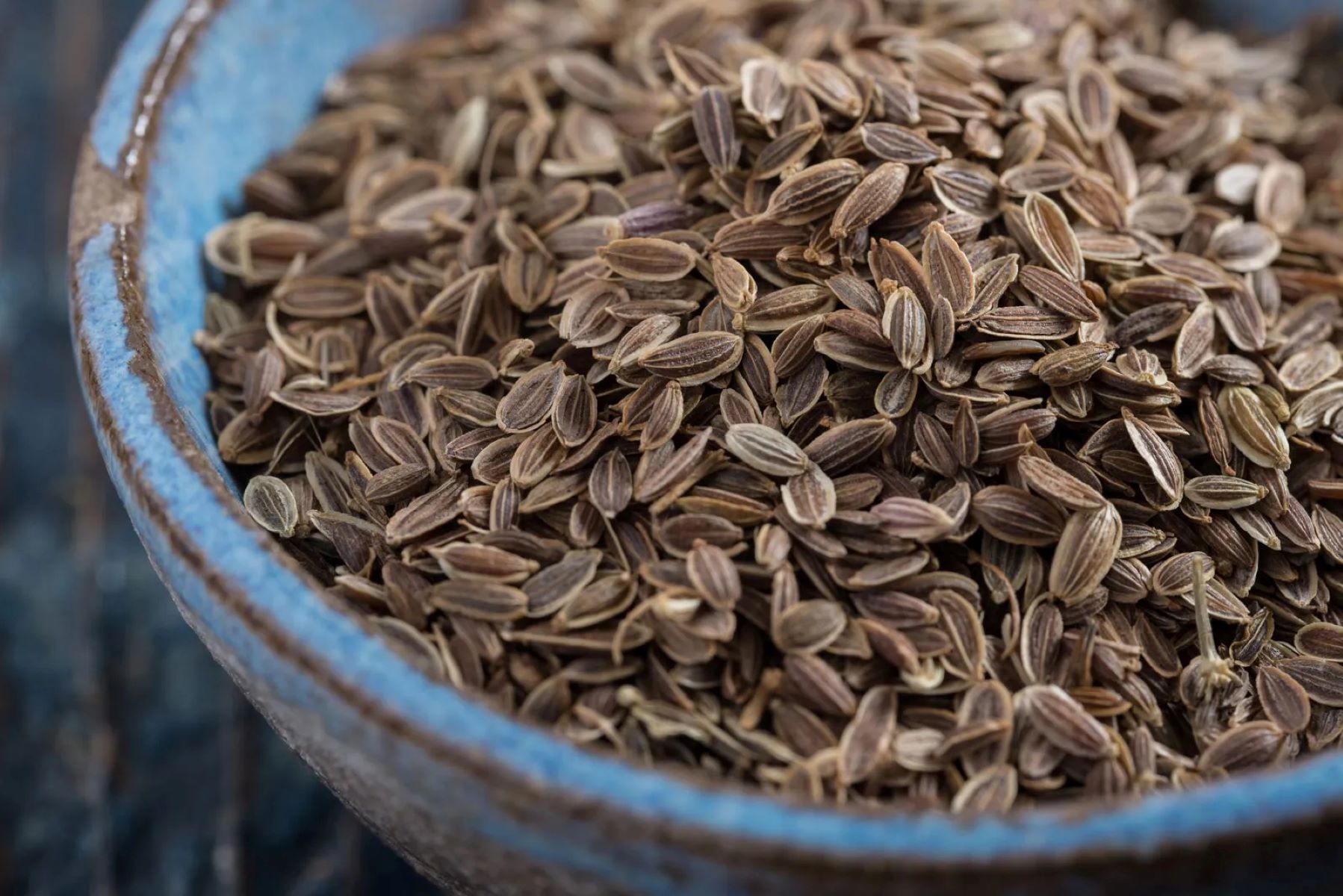
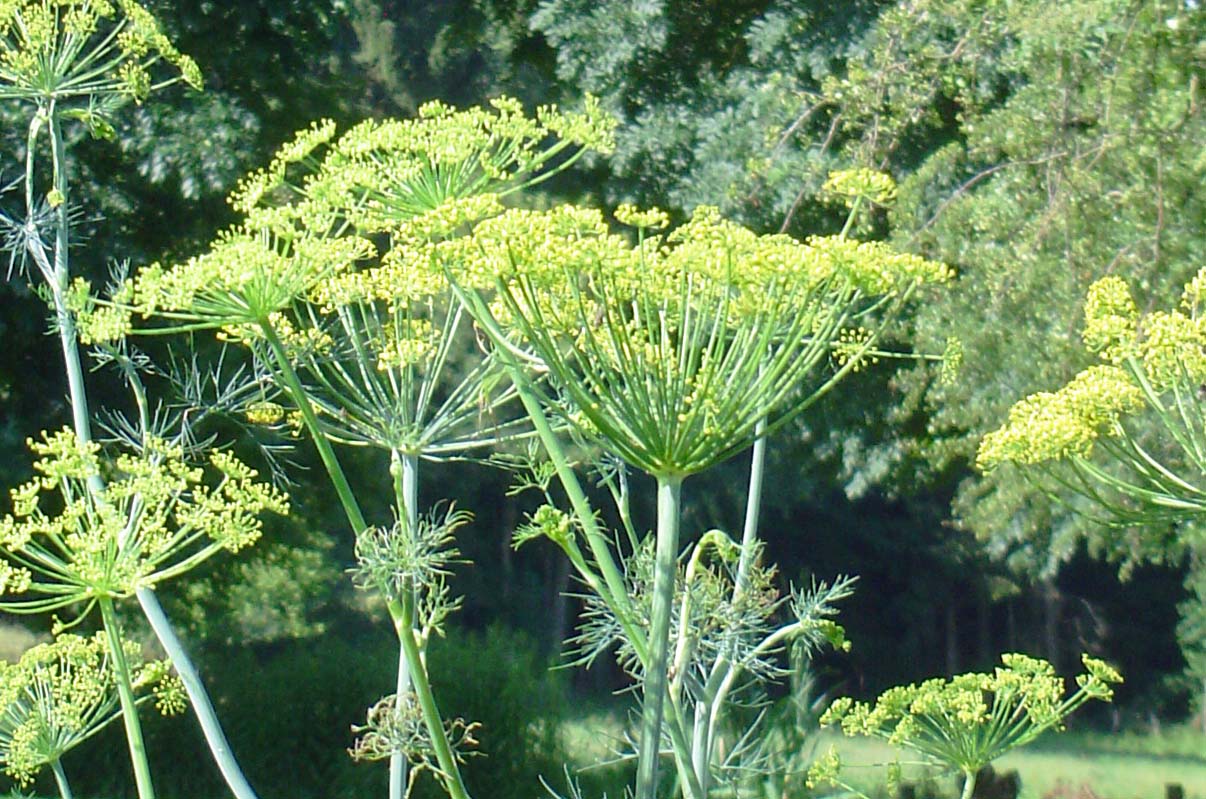
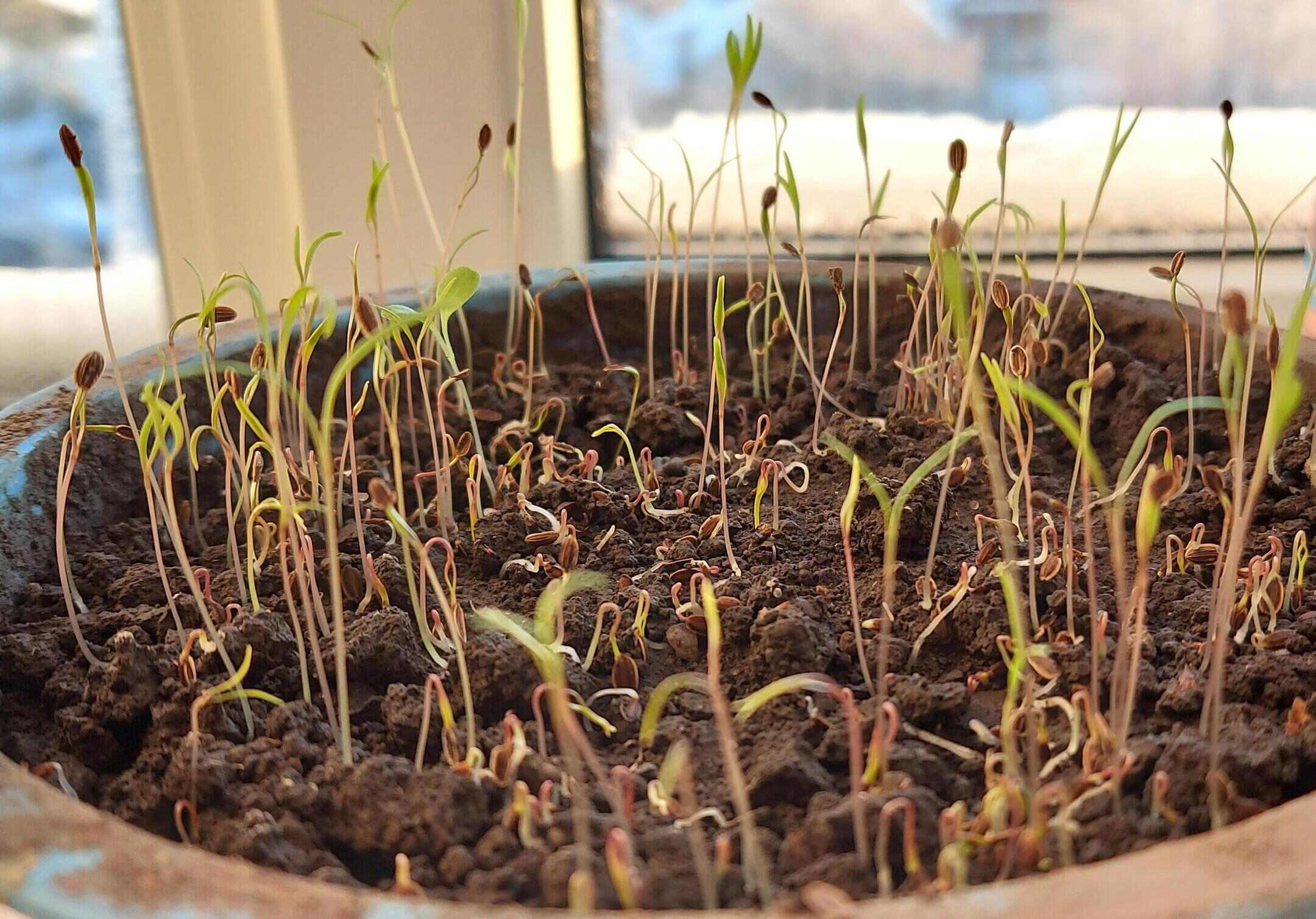
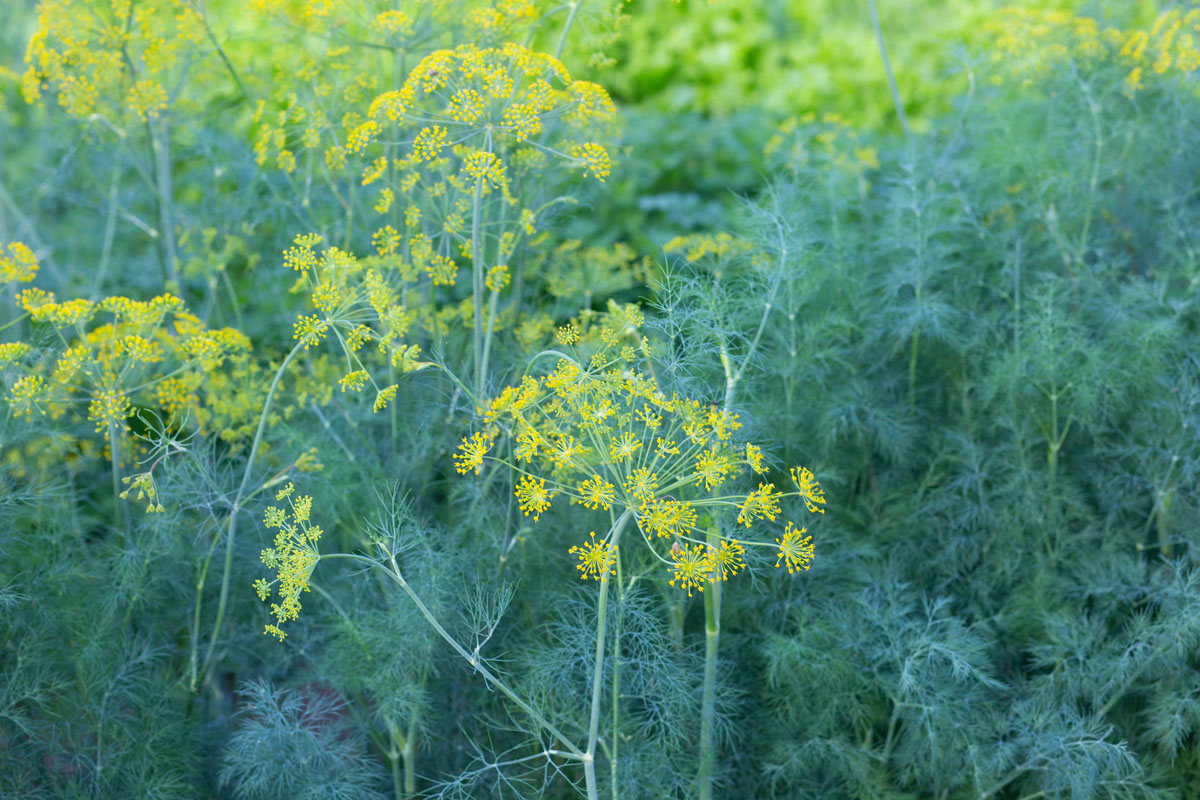
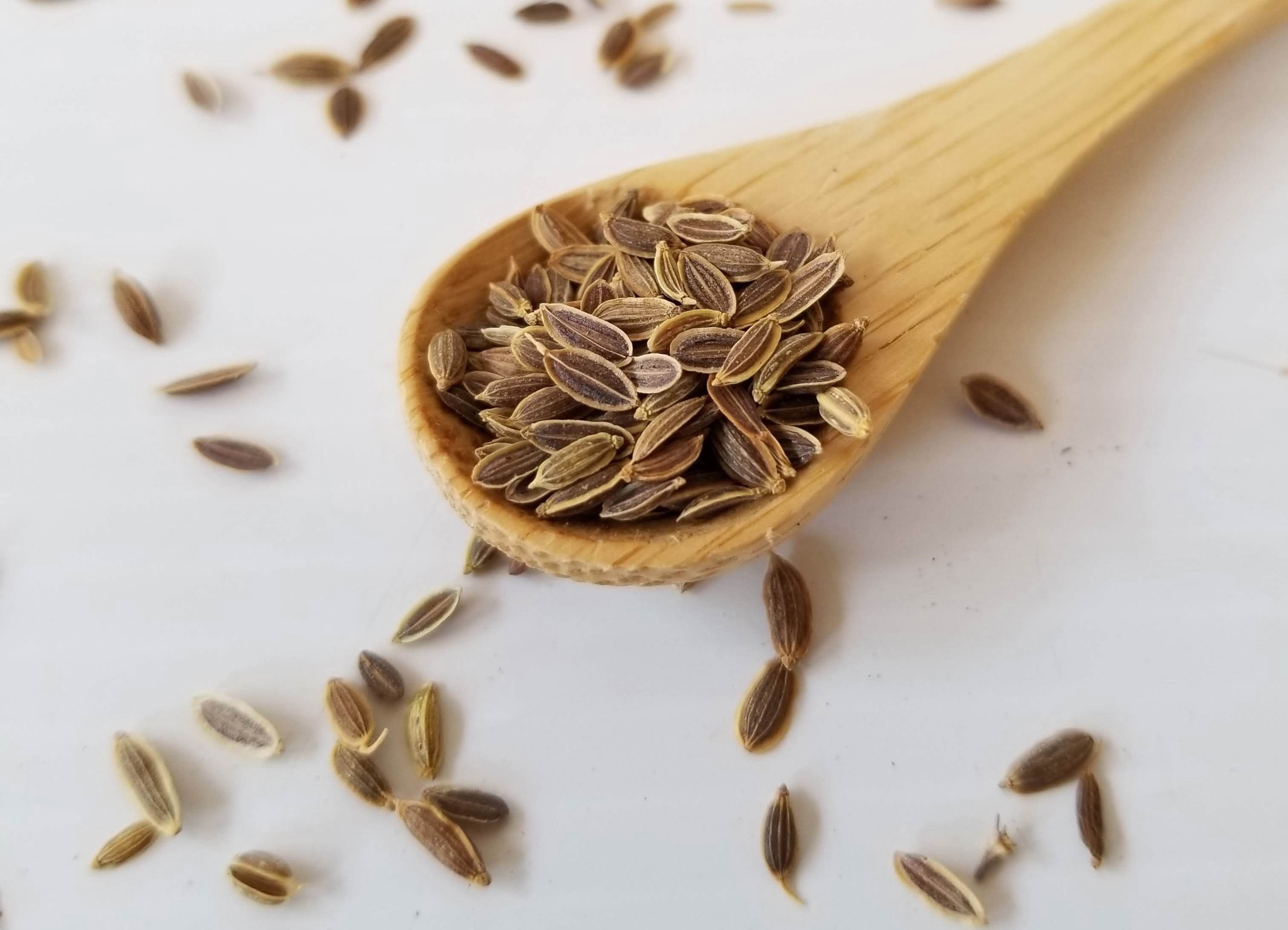
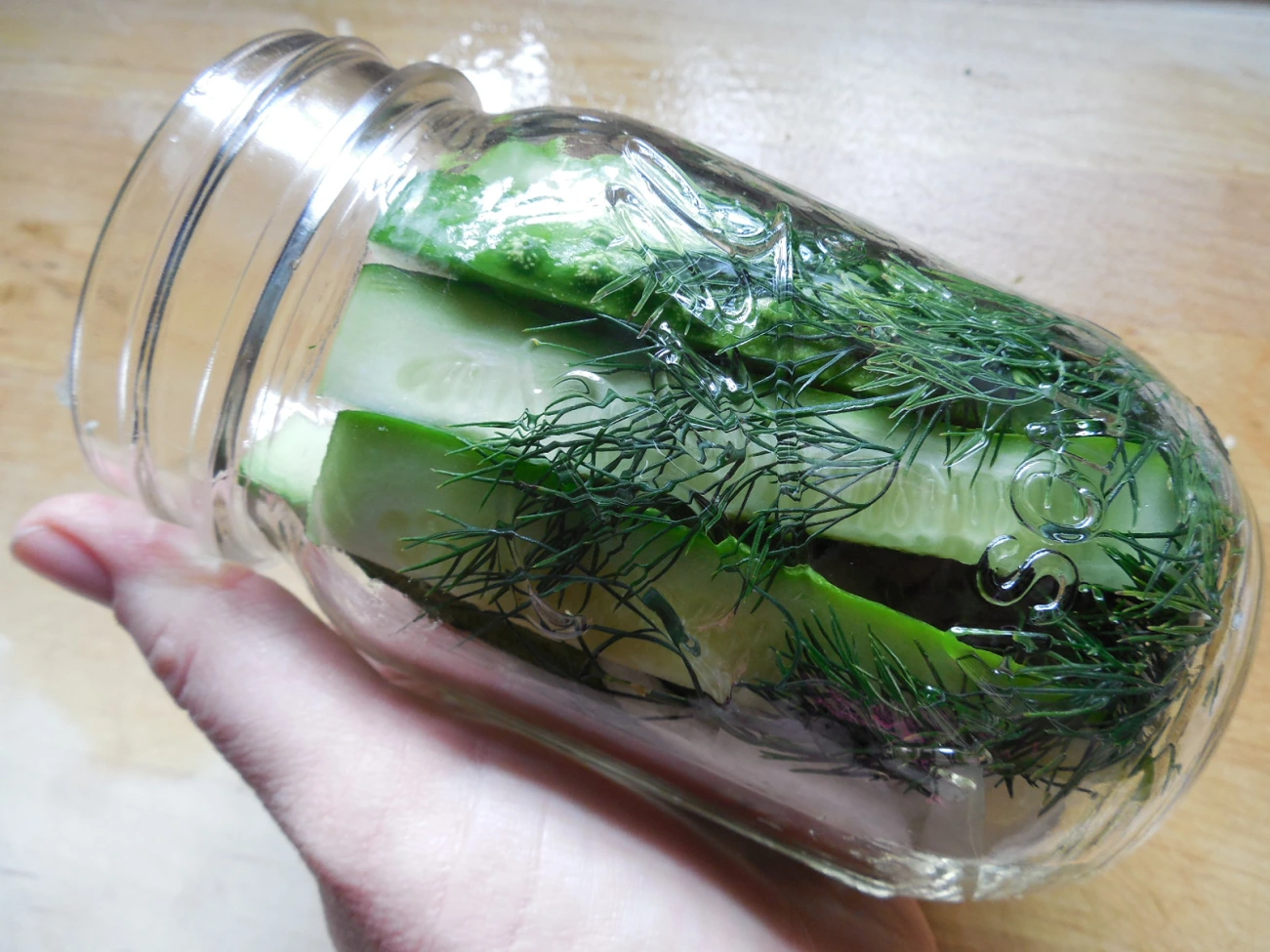
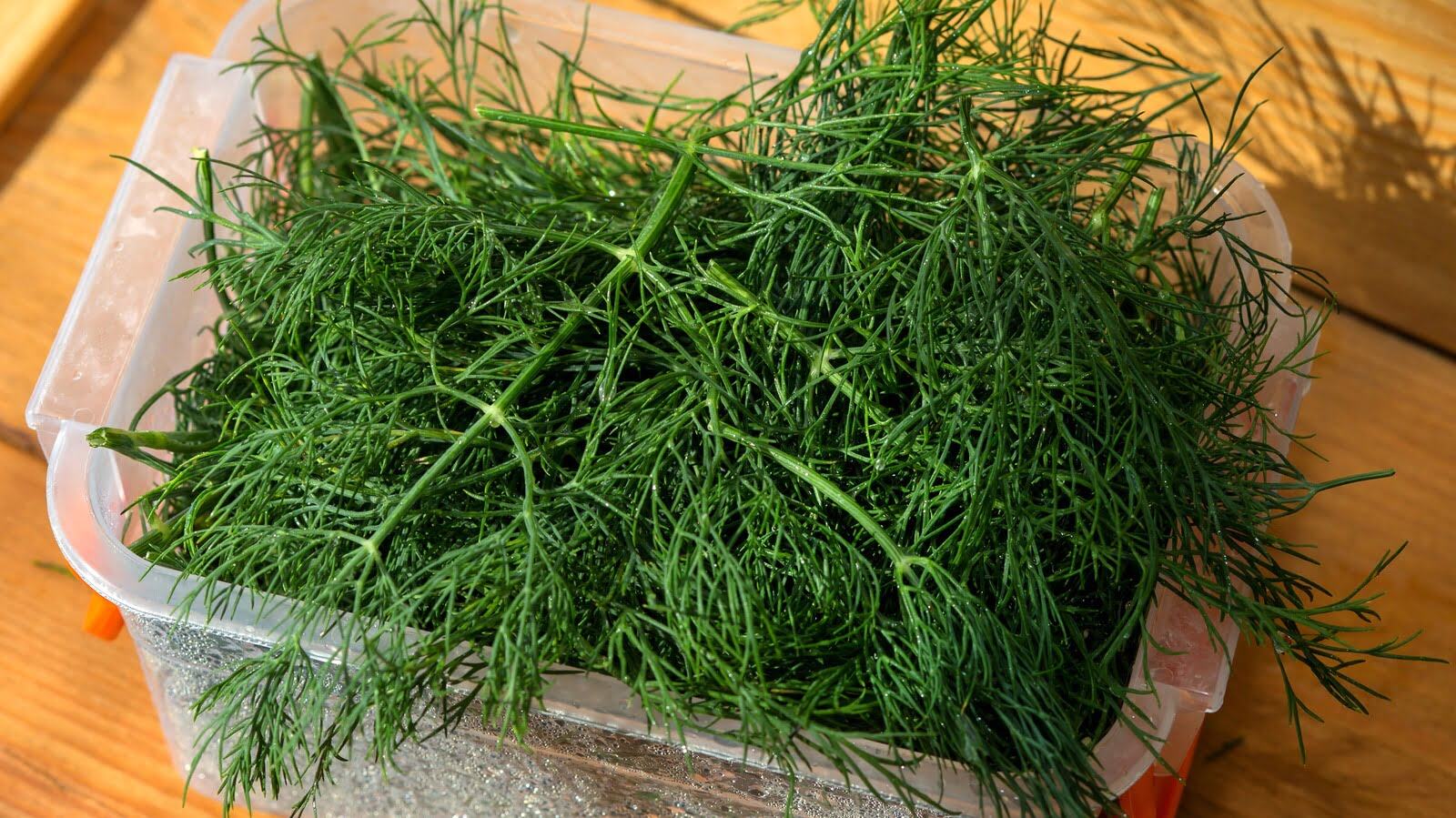
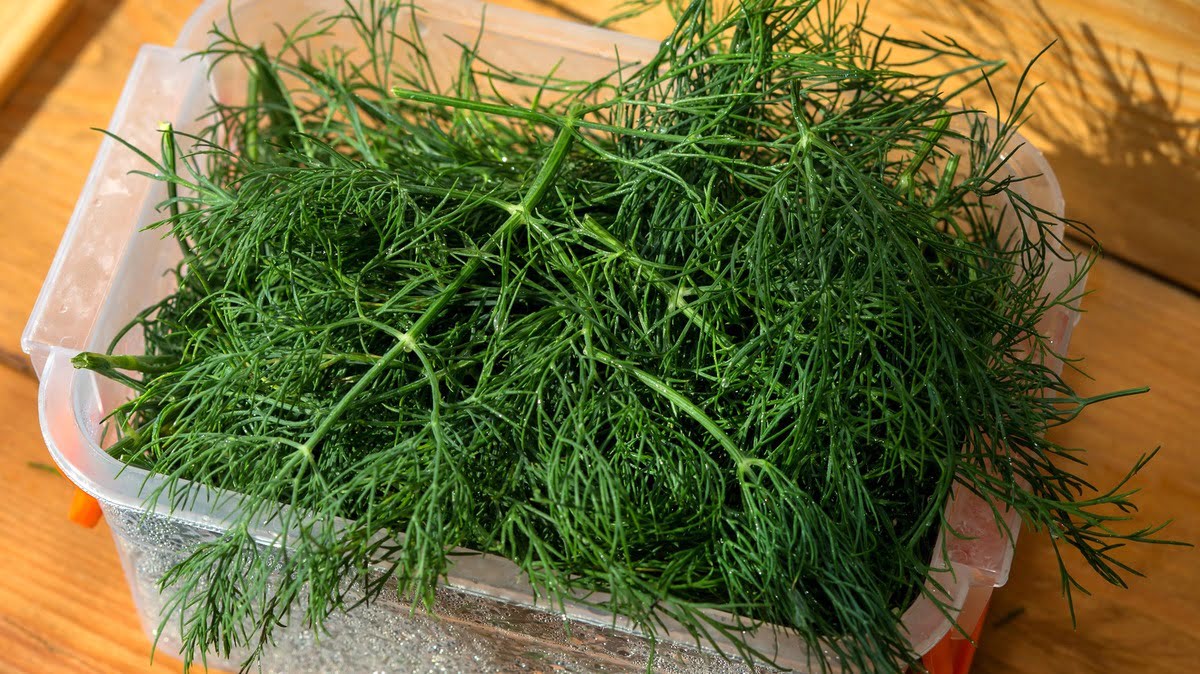
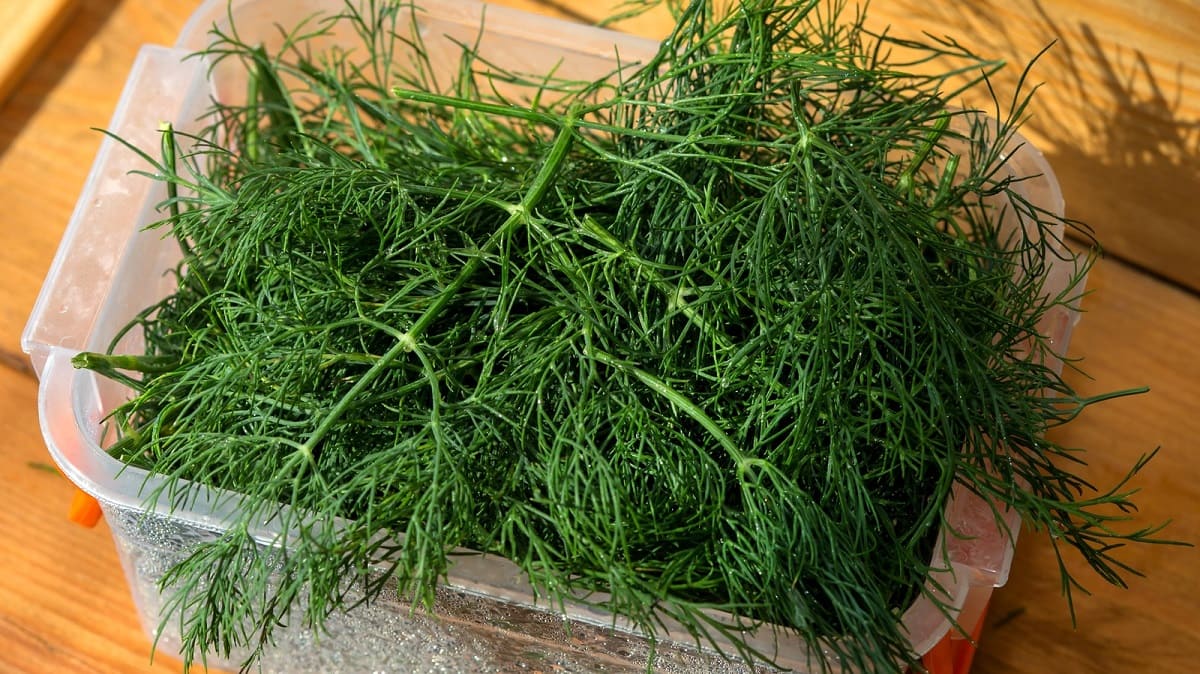
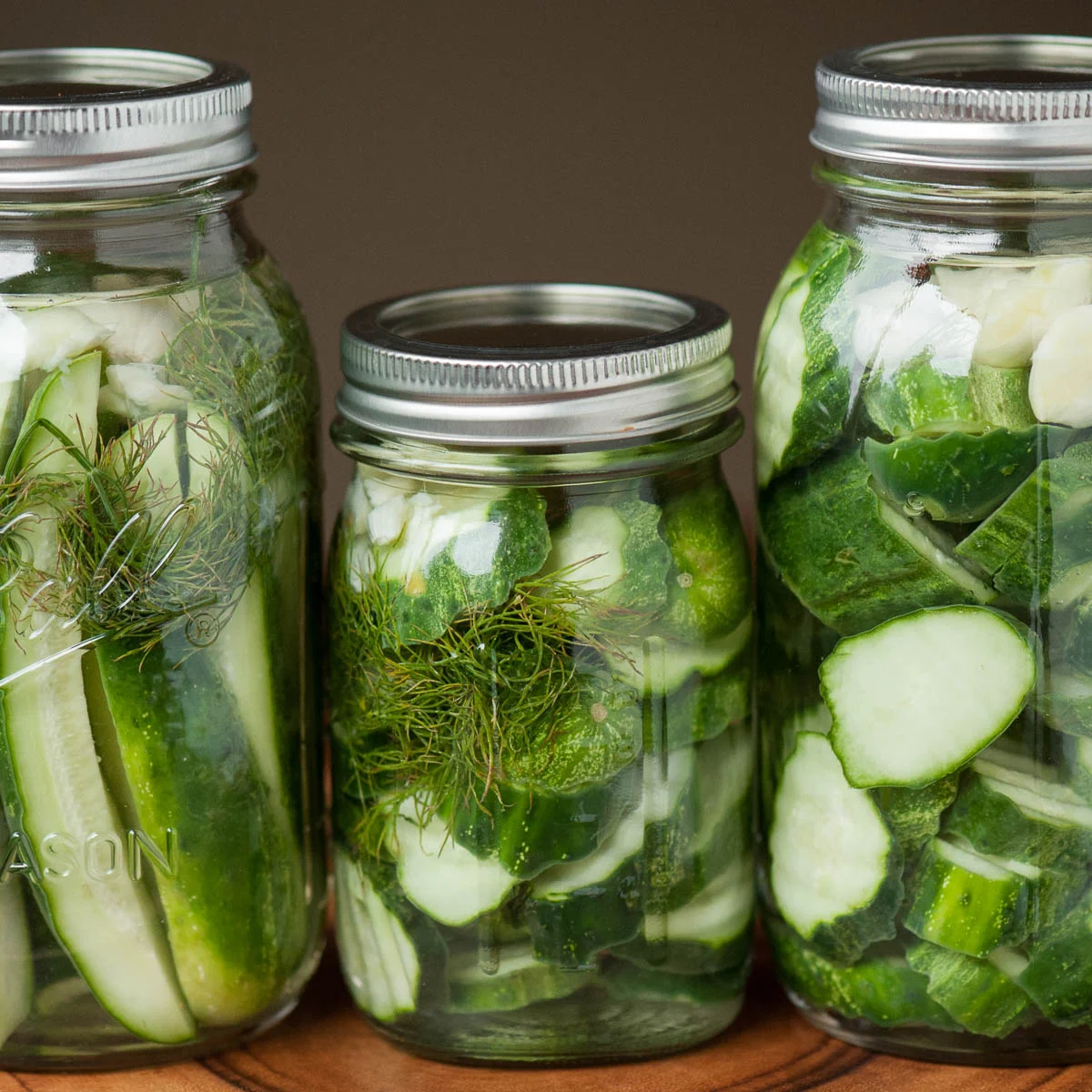
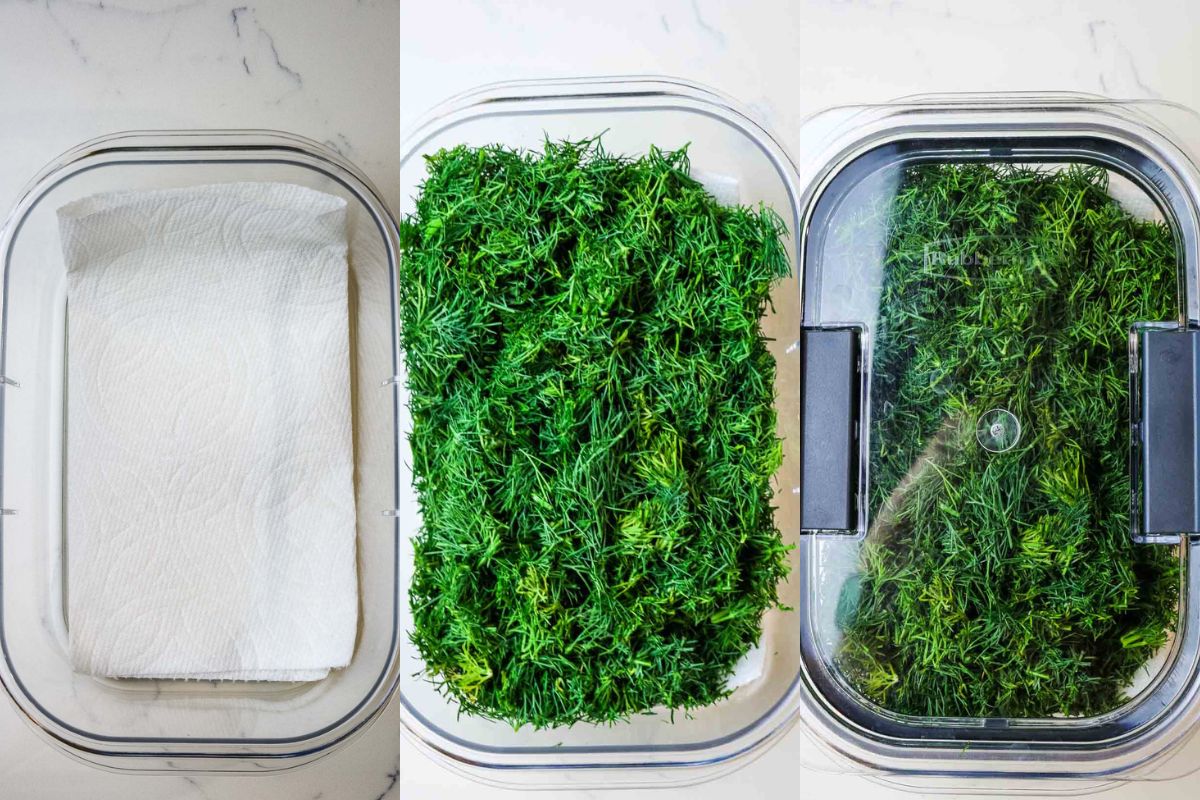
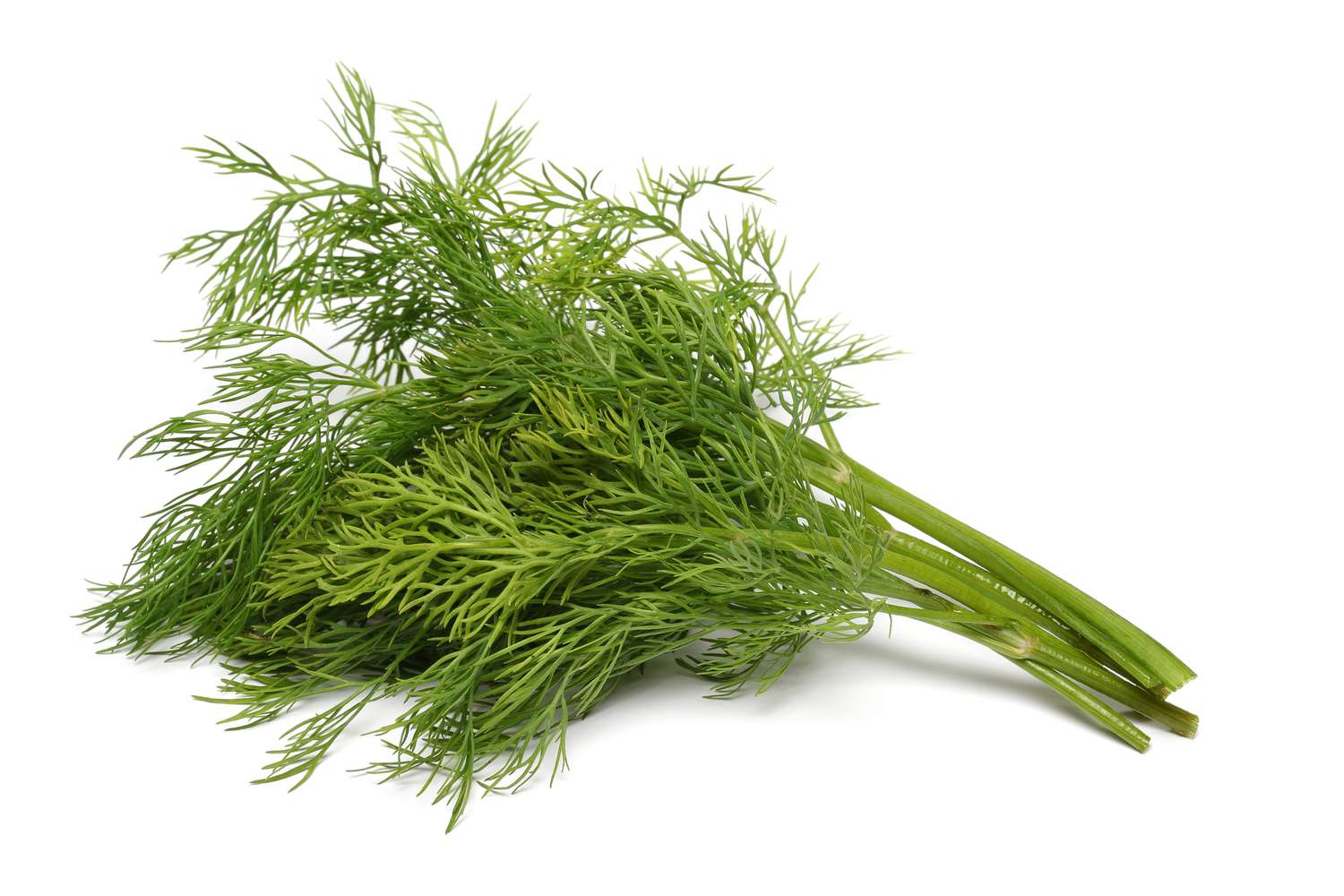
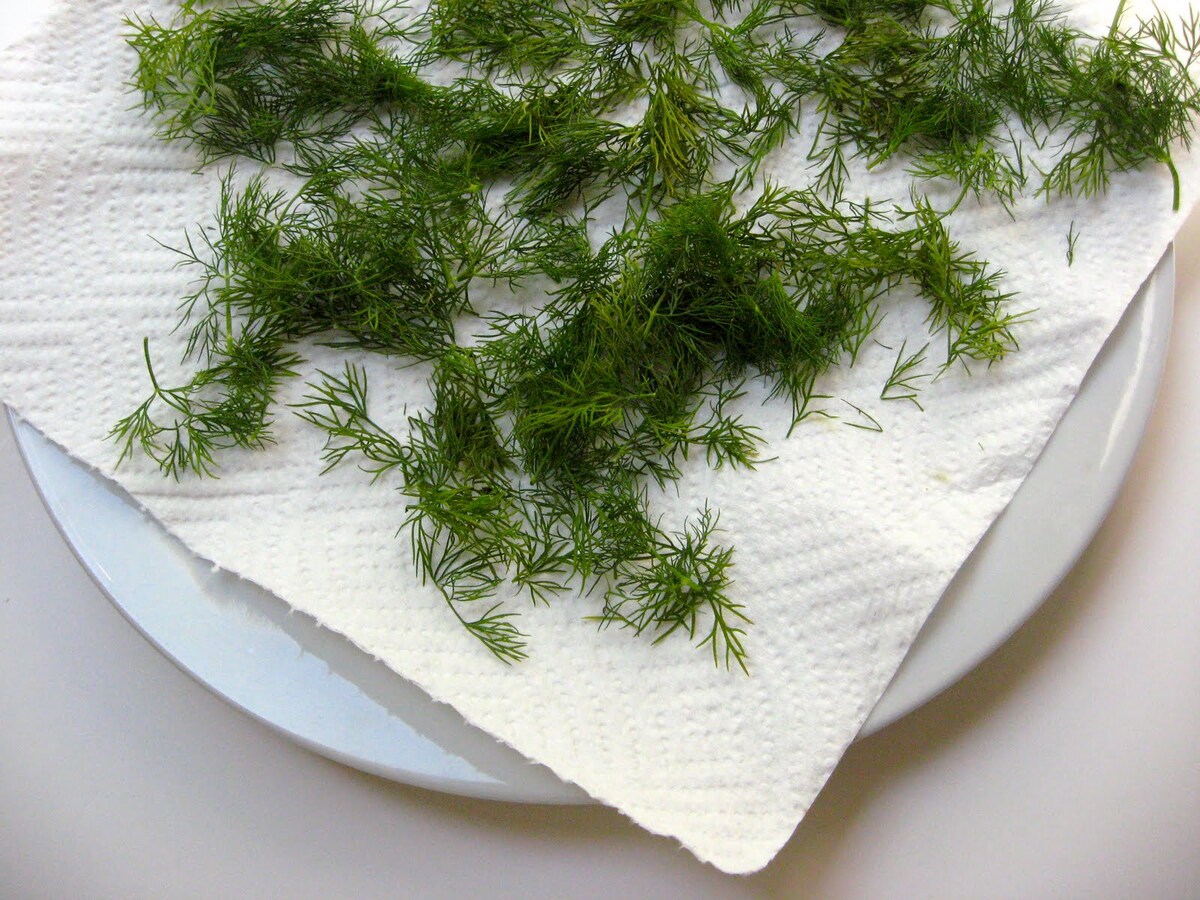
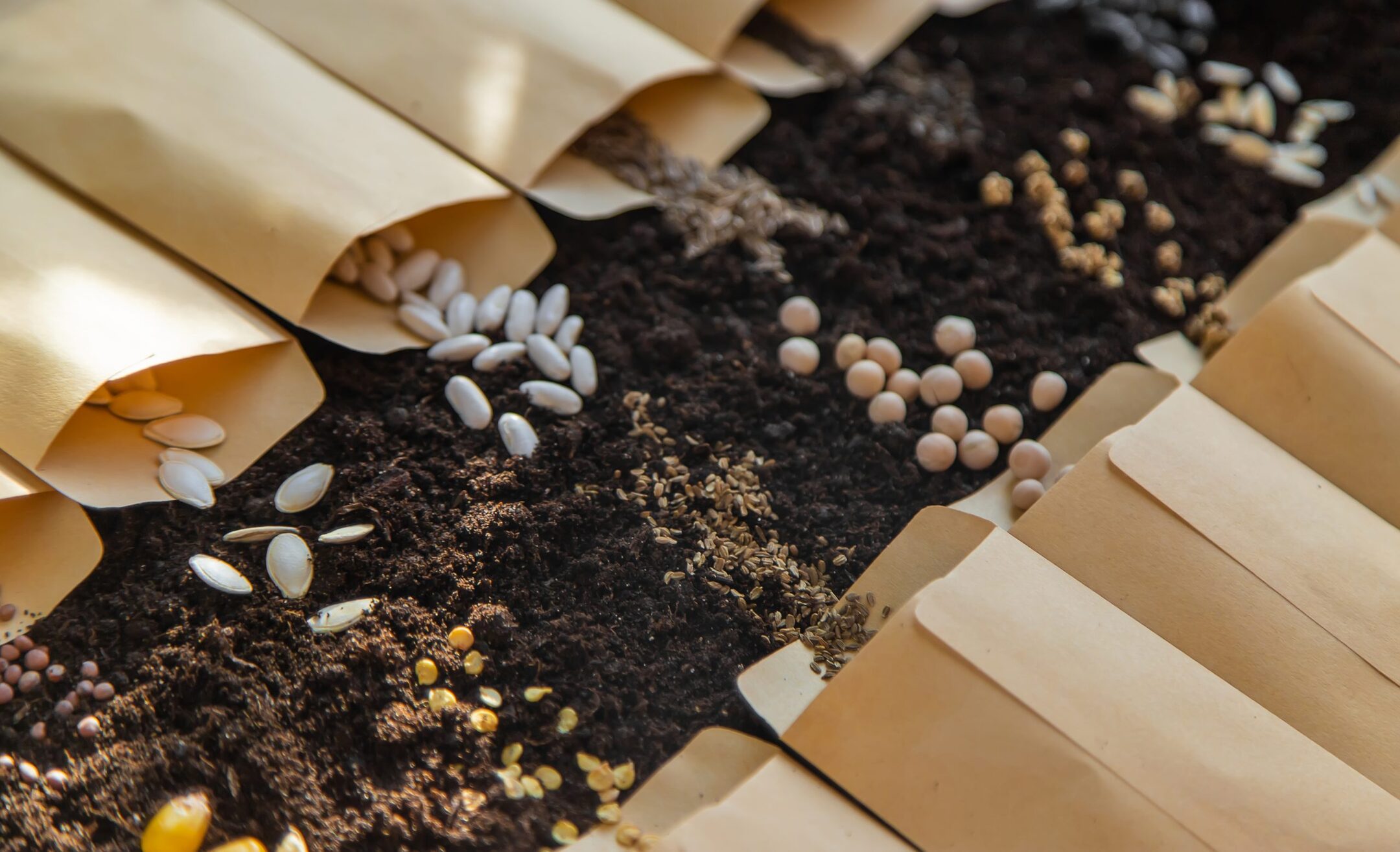

0 thoughts on “What Are Dill Seeds”